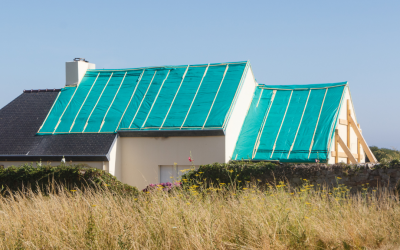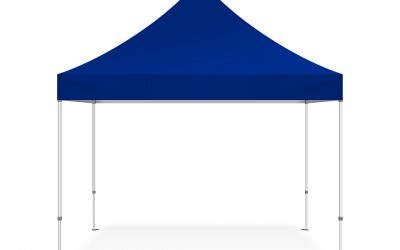Tarpaulins are a critical part of today’s cargo transportation, storage, and protection. And though tarps have been around for years, there are a number of misconceptions often associated with them. That has made many people shun using heavy-duty tarps that are readily available in the market. In order to debunk these misconceptions, we’ve gathered a few points that will change your outlook on tarps.
Here are some of the common misconceptions about tarpaulins:
1. Tarps Are ONLY Useful In Commercial and Industrial Applications
Most people think that tarps can only be used in construction, mining, trucking, or agricultural industries. While tarps might be largely employed in these sectors, they can be used in a range of residential applications too. From privacy fencing to covering woodpiles and hay all through keeping the outdoor furniture safe, there are many areas where tarps can be utilized at home. It’s all about choosing a tarp design and size that fits your storage or protection needs. So the belief that tarps are meant for commercial or industrial use only is totally wrong.
2. Tarps Are Too Expensive
Many people often avoid using tarps because of the misconception that heavy-duty tarpaulins are expensive. However, the truth of the matter is that tarps are reasonably priced. It all depends on the size, design, and density of the tarp you want to purchase. In today’s market, there are a range of tarps including canvas tarps, heavy-duty tarps, fire retardant tarps, mesh tarps, truck tarps and boat tarps. There are also large tarps designed for pools, baseball fields, gym floors, and tents. The price is mainly dictated by the type of tarp you want to buy. In essence, the claim that all tarps are expensive is not true.
There are also tarps available for hire which come at affordable prices. Here, you can hire a tarp and use it for whatever application for a given period of time. That means acquiring tarps is even easier. The cost of hiring a tarp is way cheaper compared to buying a new one. Hence tarp hire or rental options demystify the misconception that tarps are expensive to acquire.
3. All Tarps Are Susceptible To Fire
Some people assume that all tarps can burst into flames when exposed to fire. Hence they end up leaving their items or properties lying bear. That increases the risk of damage in case of a fire breakout. Today, manufacturers actually make tarps that are fire retardant. They are specially formulated using a chemical that prevents combustion. FR-rated tarps can only melt when exposed to flames but cannot fuel the fire. With such flame-resistant fabrics, you can save your items from serious damage when fire breaks out. Fire retardant tarps can be ideal for use in welding facilities or indoor applications. You can now order for a heavy duty tarp knowing it can secure your property and prevent it from any form of damage.





